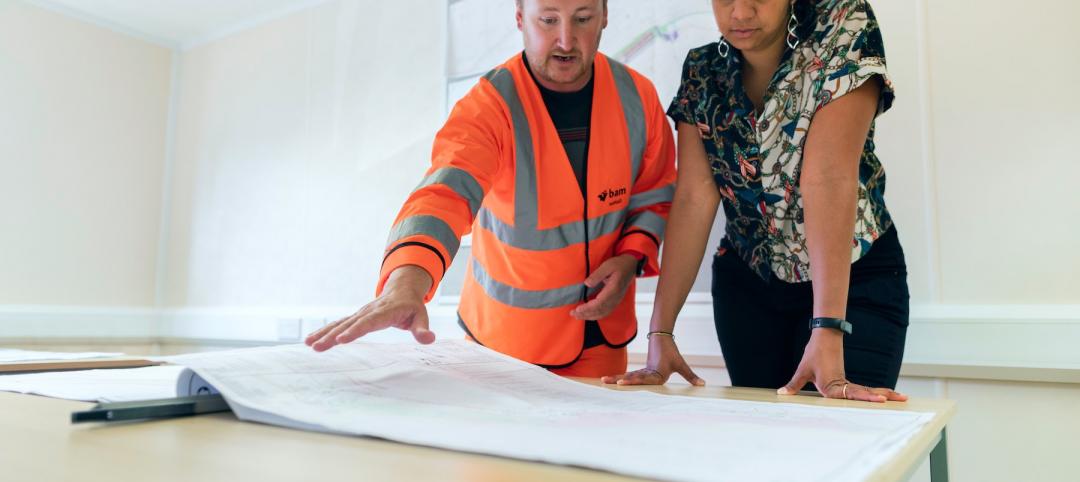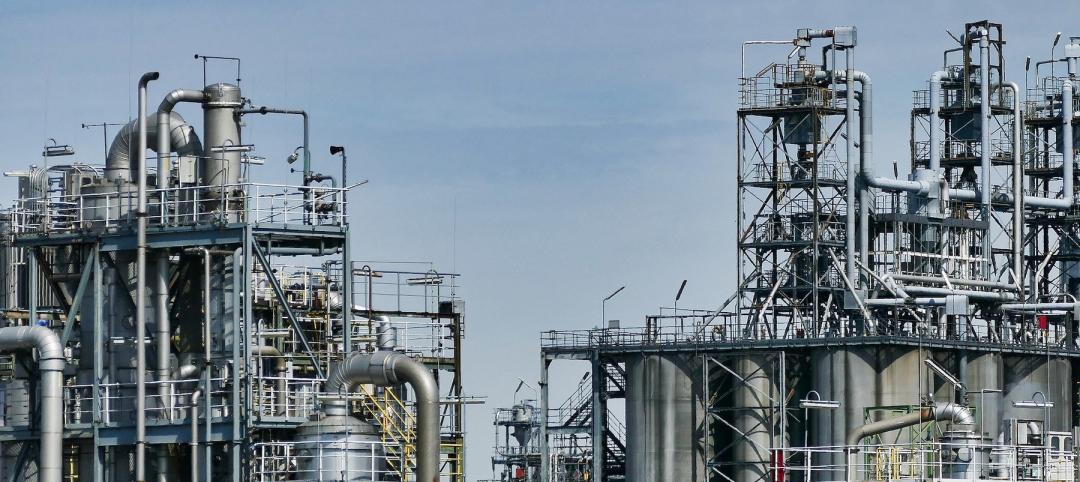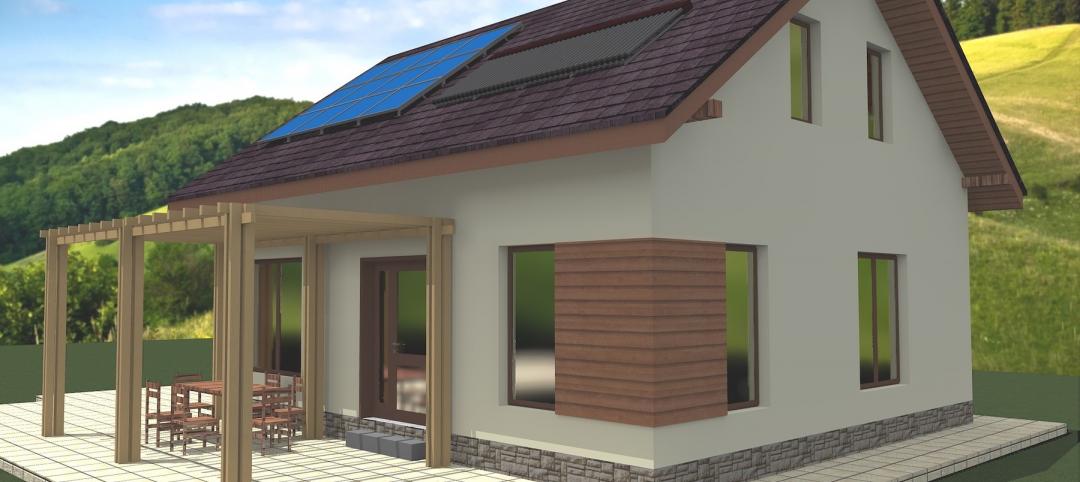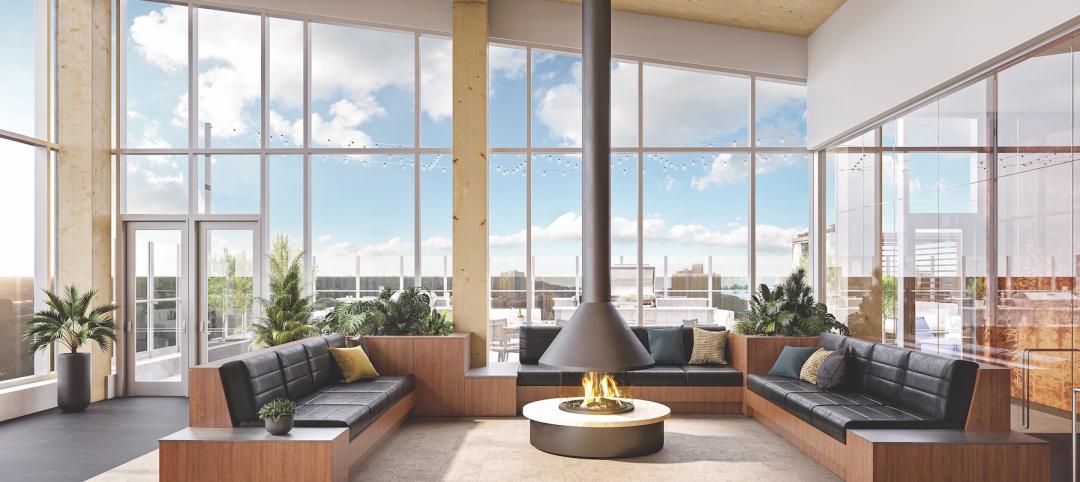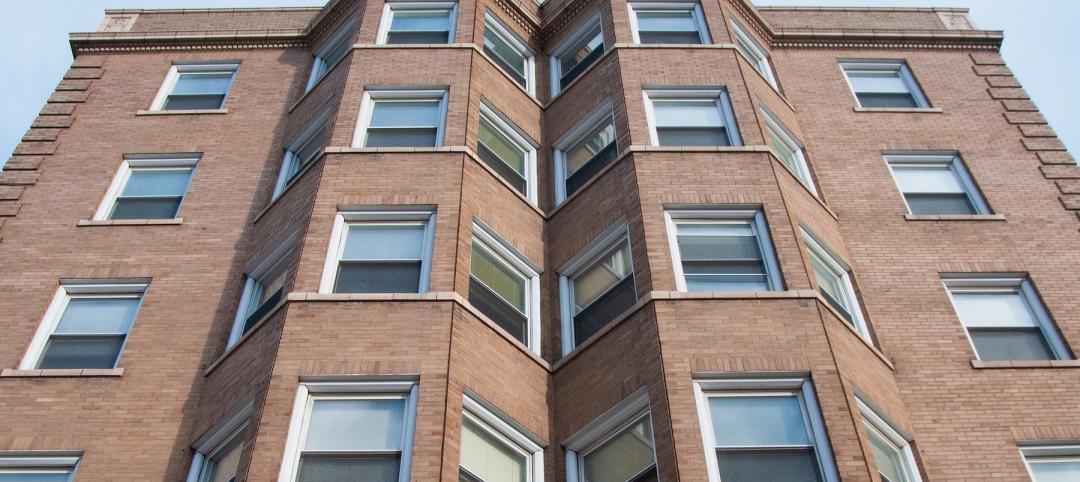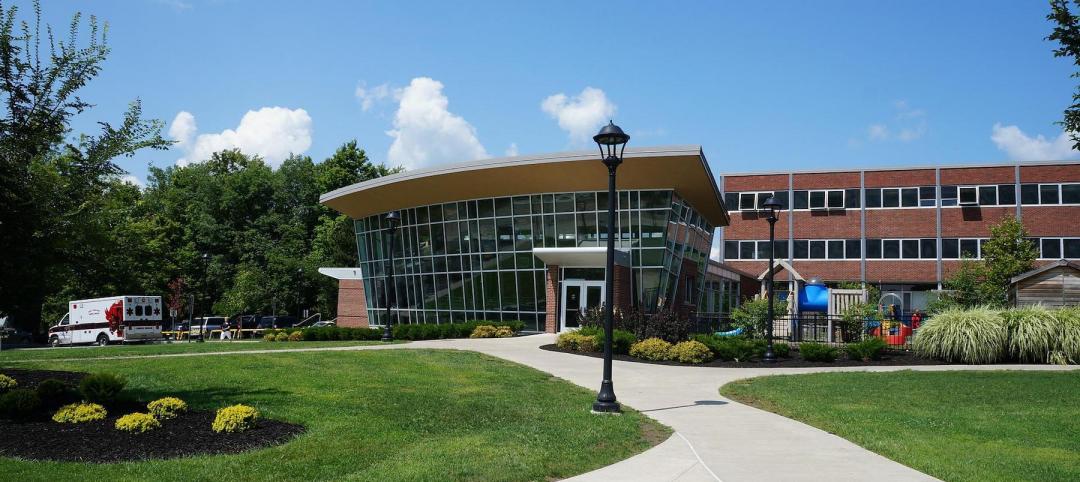A new bill introduced in the Massachusetts Legislature would require that rooftop solar be included on new residential and commercial building projects.
Modeled after a similar policy in California, the bill would provide some exemptions. If the roof is too shaded, if a solar hot water system or other renewable energy technology is installed, or if the building has a green roof, it could be exempted. Affordable housing developments could also obtain exemptions.
According to the bill, amendments to the state’s building code would ensure that roofs are strong enough to support solar panels, that available roof space is maximized, and that buildings can make room for solar infrastructure. Single-family homes would need to produce enough electricity via solar each year to meet 80% of the average demand for similar houses. The state would set minimum solar energy system requirements for other buildings.
A report from an environmental advocacy group found that such a mandate would add more than 2.3 GW of solar capacity by 2045. That’s close to Massachusetts’ current total installed capacity, including utility-scale solar, of about 2.9 GW.
Related Stories
Multifamily Housing | Apr 26, 2022
Investment firm Blackstone makes $13 billion acquisition in student-housing sector
Blackstone Inc., a New York-based investment firm, has agreed to buy student-housing owner American Campus Communities Inc.
Codes and Standards | Apr 25, 2022
Supply chain constraints, shifting consumer demands adding cost pressures to office fit-outs
Cushman & Wakefield’s 2022 Americas Office Fit-Out Cost Guide found supply chain constraints and shifting consumer demands will continue to add pressure to costs, both in materials and labor.
Legislation | Apr 21, 2022
NIMBYism in the Sunbelt stymies new apartment development
Population growth in Sunbelt metro areas is driving demand for new apartment development, but resistance is growing against these projects.
Codes and Standards | Apr 18, 2022
Dept. of Energy has RFI on funding cost-effective updated energy codes implementation
The U.S. Department of Energy (DOE) Building Technologies Office (BTO) has issued a request for information regarding funding cost-effective implementation of updated building energy codes.
Legislation | Apr 14, 2022
Defense Dept. building largest 3D-printed structures in Western Hemisphere
The U.S. Department of Defense is constructing three barracks at the Camp Swift Training Center in Bastrop, Texas that will each be the largest 3D-printed structures in the Americas.
Wood | Apr 13, 2022
Mass timber: Multifamily’s next big building system
Mass timber construction experts offer advice on how to use prefabricated wood systems to help you reach for the heights with your next apartment or condominium project.
Codes and Standards | Apr 13, 2022
LEED multifamily properties fetch higher rents and sales premiums
LEED-certified multifamily properties consistently receive higher rents than non-certified rental complexes, according to a Cushman & Wakefield study of two decades of data on Class A multifamily assets with 50 units or more.
Legislation | Apr 11, 2022
Dept. of Energy releases RFI for K-12 schools energy upgrade program
The U.S. Dept. of Energy (DOE) released a Request for Information (RFI) to help decide how best to spend $500 million from the recently passed federal infrastructure law for K-12 public school energy upgrades.
Codes and Standards | Apr 8, 2022
Dept. of Energy boosts energy efficiency standards for federal buildings
The Department of Energy’s recently released new energy efficiency standards for federal buildings.
Codes and Standards | Apr 7, 2022
Uptake of low-carbon materials expected to get a boost from federal building plan
Low-carbon materials will get a sizeable boost via purchases through a federal $3.4 billion building plan to modernize U.S. border crossings.




